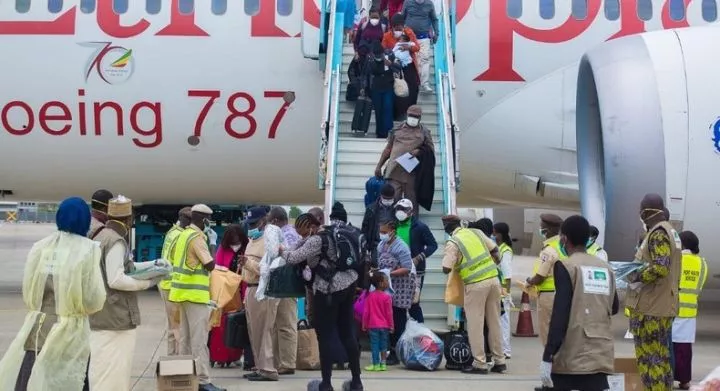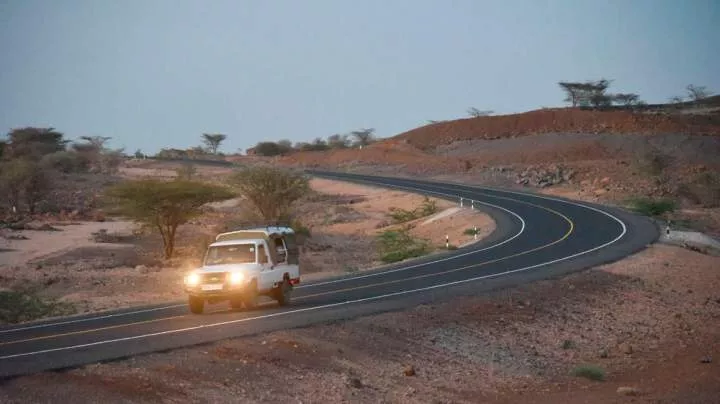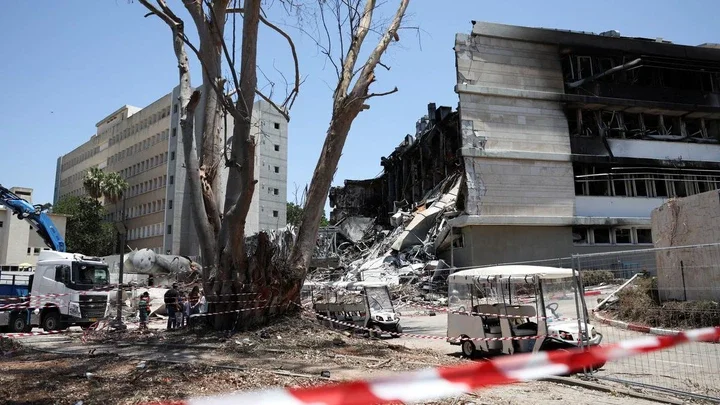Ethiopia has decided to call back some of its citizens living in the most unideal conditions abroad. The country plans to re-introduce thousands of its citizens back to its country. The decision was made public a week back and would be taking effect as early as April. This initiative highlights Ethiopia's proactive approach to addressing the challenges faced by its citizens abroad.
![Ethiopia plans to bring back 70,000 of its citizens from Saudi Arabi. Prime Minister Abiy Ahmed [Punch] Ethiopia plans to bring back 70,000 of its citizens from Saudi Arabi. Prime Minister Abiy Ahmed [Punch]](https://static.netnaija.com/i/nRaMOEBRKdq.webp)
A report by the East African publication revealed that the Ethiopian government is planning on taking back around 70,000 of its citizens from Saudi Arabia whose conditions are considered squalid.
According to State Minister Birtukan Ayano, this is the third time this program has been implemented since 2018, and will target "Ethiopians who are in a difficult situation."
"Necessary budget, logistics, and shelters should be prepared for the returnees," he added.
US Assistant Secretary of State Julieta Valls Noyes, who oversees the Bureau of Population, Refugees, and Migration, paid a visit to Ethiopia. She noted that the United States and other donors would want Ethiopia to supply "critical support" to the refugees, particularly those from neighboring Sudan, where fighting has been going on since April of last year.
"It was shared poverty and shared humanity. And I thought that that was an excellent way of describing how both Chad and, for that matter, Ethiopia are responding to their respective refugee situations," Ms Noyes added.
According to the report by the East African, "Ethiopia is hosting 50,000 Sudanese refugees who fled their country over the last 11 months.
Ethiopia currently hosts about 917,000 refugees from neighboring countries and four million internally displaced persons from its conflicts and environmental hardships, according to the Ethiopian Refugees and Returnees Service (RRS). Its refugees come from Somalia, South Sudan, Yemen, Syria and Eritrea."
With approximately 4 million internally displaced people, including those who fled from the Tigray war during the country's recent civil war, and have yet to return, Addis Ababa's repatriation of 70,000 individuals will increase the cost of resettling them. Tigray's resettlement has been delayed, particularly because the infrastructure devastated during the conflict (which concluded in November 2022) has yet to be repaired.
















Comments